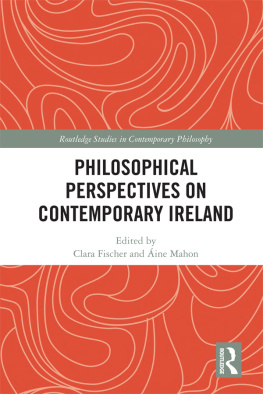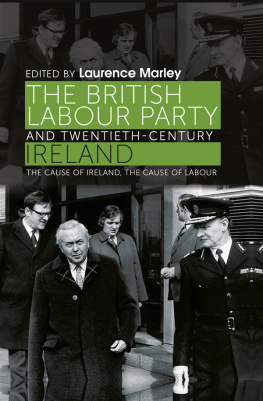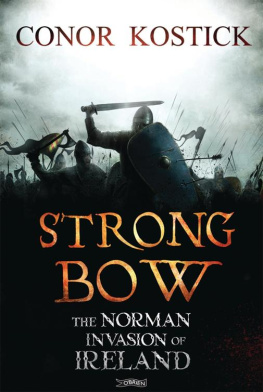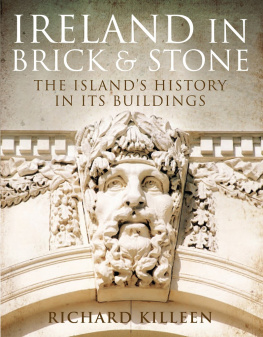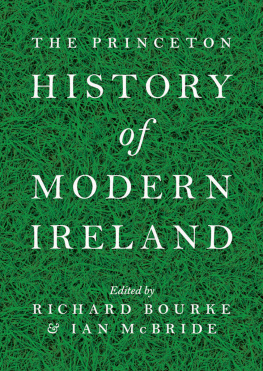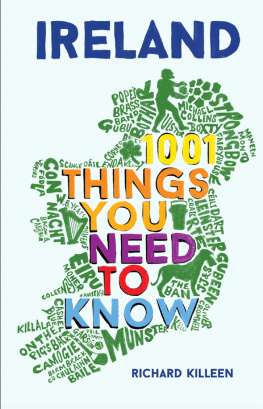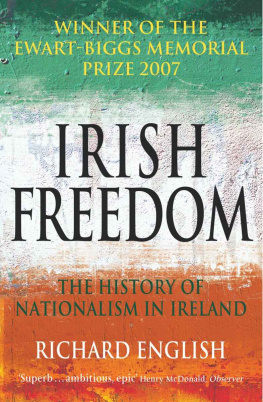Table of Contents

Ireland [1913]
ByRichard Arnold Bermann
Ireland [1913]
ByRichard Arnold Bermann

TRANSLATED AND EDITED BY
Leesa Wheatley and Florian Krobb

First published in 2021 by
Cork University Press
Boole Library
University College
Cork Cork
T12 ND89
Ireland
Leesa Wheatley and Florian Krobb 2021
Library of Congress Control Number: 2020945084
Distribution in the USA: Longleaf Services, Chapel Hill, NC, USA
All rights reserved. No part of this book may be reprinted or reproduced or utilised in any electronic, mechanical or other means, now known or hereafter invented, including photocopying and recording or otherwise, without either the prior written permission of the publishers or a licence permitting restricted copying in Ireland issued by the Irish Copyright Licensing Agency Ltd., 25 Denzille Lane, Dublin 2.
British Library Cataloguing in Publication Data
A CIP record for this book is available from the British Library.
ISBN: 978-178205-435-1
Printed by BZ Graf in Poland.
Print origination & design by Carrigboy Typesetting Services
www.carrigboy.com
COVER IMAGES Esplanade, Bray, County Wicklow, Eason Photographic Collection, Reproduction rights owned by National Library of Ireland.
www.corkuniversitypress.com
Contents
Introduction
I n 1913, Ireland was anything but a random, idyllic or escapist destination for European travellers. In the German collective perception, it had not yet achieved the status of quaint and unadulterated backwardness that would dominate its image for decades after Heinrich Bll published his Irisches Tagebuch[Irish Journal] in 1957 and, to this day, to some extent still determines German tourists expectations. In 1913, a uniquely Irish situation, including poverty and social deprivation, Catholicism and folklore, were not yet seen as symptoms of self-sufficiency and a quaint identity that had withstood the forces of modernisation and consumerism, but as symptoms of exposure to the dominance of its powerful master and next-door neighbour, as the nearest site of Britains global reach. Ireland was a political destination, the backyard of the worlds greatest power and global cultural force. It was also a troubled, unruly political entity, and in spite of some degree of interest and also of romantic projection, it was home to a population that had remained quite alien to the public of continental Europe.
This very perspective dominates Richard Arnold Bermanns report of his visit in the summer of 1913. As his day job, Bermann wrote for one of Berlins leading dailies, and indeed a good proportion of the material that eventually went into his book first appeared as a series of seven articles in the Vossische Zeitungbetween 14 July and 16 August 1913 under the pseudonym of Merlin. He had to feed the German reading public topical fare as, in his own assessment, newspaper readers had developed a keen interest in Ireland because of a possible outbreak of hostilities that could ignite the whole continent. The German public wondered if conditions in Ireland might have any impact on the United Kingdoms preparedness to go to war in Europe.
Bermann was skilled in presenting his observations in a light-hearted, sometimes playfully self-deprecating, perceptive and variegated way. In this respect, his writing shows the hallmarks of literary journalism as had become a popular genre during the nineteenth century (Bermann counted Heinrich Heine and Peter Altenberg among his chief influences). His approach is guided by general interest and personal preference; he is not a specialised traveller with, for example, expertise in early Christian monastic culture or Celtic lore. He intersperses his itinerary with historical excursions, essays on literature, ballads, fairy tales, interviews, anecdotes, extracts from standard tourist guidebooks such as the Baedeker he had in his luggage (probably the 4th edition Grossbritannien: England (ausser London), Wales, Schottland und Irland,1906 [Great Britain: England (excluding London), Wales, Scotland and Ireland]) and Blacks Guide to Ireland(8th edn, 1912). He foregrounds his own narrative voice and creates a distinct persona that of flneur,cynic, astute political commentator; and he does not hide his literary ambitions when revelling in wordplay and embellishment.

![Richard Arnold Bermann Ireland [1913]](/uploads/posts/book/266250/thumbs/richard-arnold-bermann-ireland-1913.jpg)
